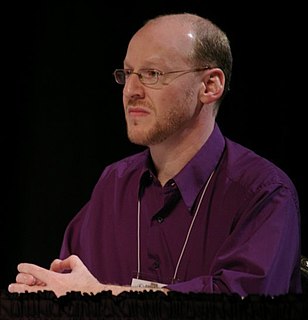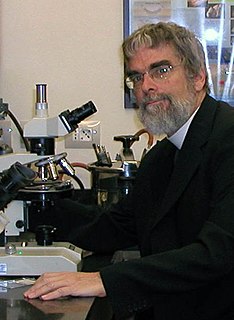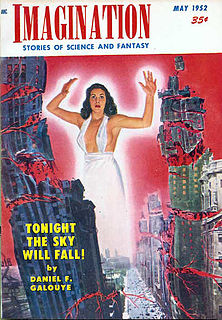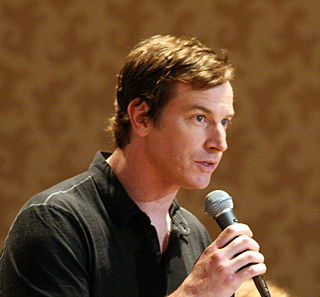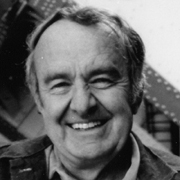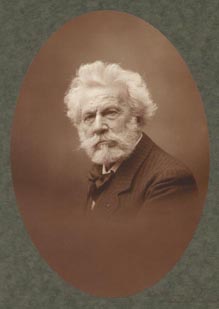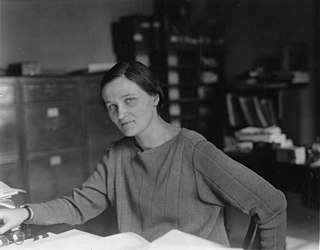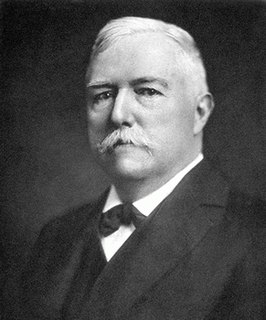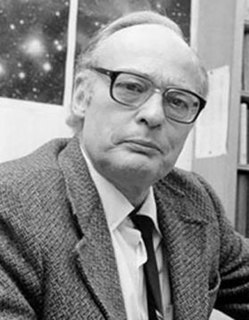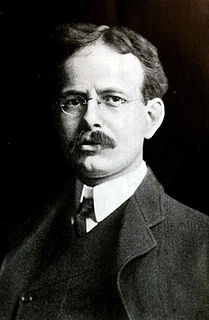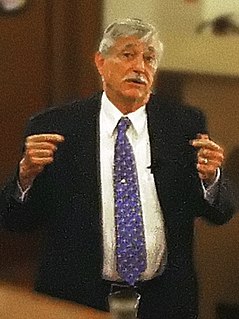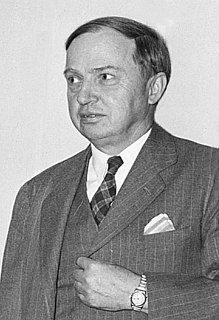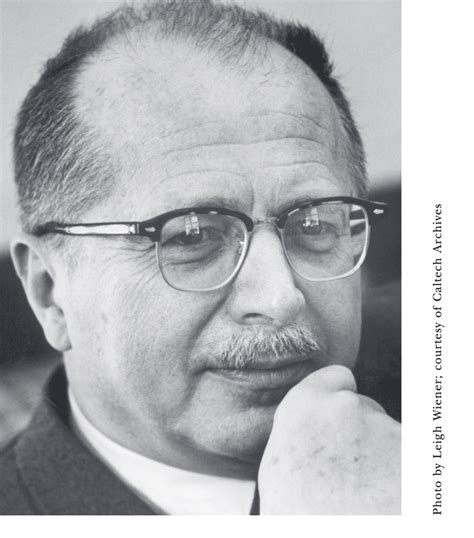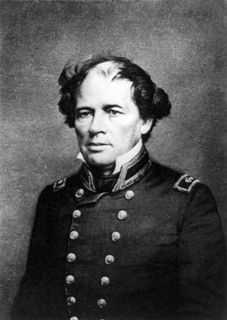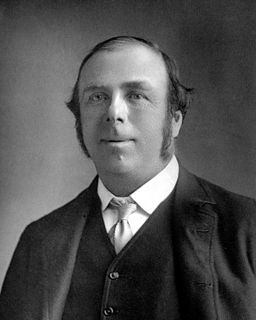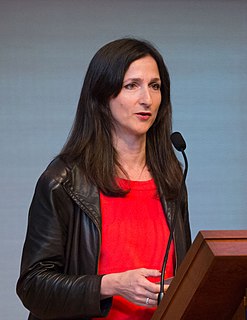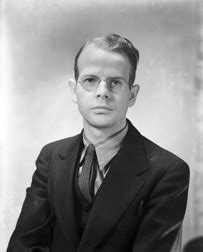A Quote by Phil Plait
It’s dead obvious that creationism isn’t science, or even bad science. It’s nonsense. But I’ve long stated it’s also bad religion, because it doesn’t just take faith, it also takes a phenomenal disregard of reality.
Related Quotes
Science has only two things to contribute to religion: an analysis of the evolutionary, cultural, and psychological basis for believing things that aren't true, and a scientific disproof of some of faith's claims (e.g., Adam and Eve, the Great Flood). Religion has nothing to contribute to science, and science is best off staying as far away from faith as possible. The "constructive dialogue" between science and faith is, in reality, a destructive monologue, with science making all the good points, tearing down religion in the process.
Religion needs science to keep it away from superstition and keep it close to reality, to protect it from creationism, which at the end of the day is a kind of paganism - it's turning God into a nature god. And science needs religion in order to have a conscience, to know that, just because something is possible, it may not be a good thing to do.
But science can only be created by those who are thoroughly imbued with the aspiration toward truth and understanding. This source of feeling, however, springs from the sphere of religion. To this there also belongs the faith in the possibility that the regulations valid for the world of existence are rational, that is, comprehensible to reason. I cannot conceive of a genuine scientist without that profound faith. The situation may be expressed by an image: science without religion is lame, religion without science is blind.
Science without religion is dangerous because it necessarily entails a mechanization of humanity and consequent loss of individual autonomy and spirituality. On the other hand, religion without science is powerless because it lacks an effective means through which to actualize the ultimate reality. Science and religion must work together harmoniously.
Science is like society and trade, in resting at bottom upon a basis of faith. There are some things here, too, that we can not prove, otherwise there would be nothing we can prove. Science is busy with the hither-end of things, not the thither-end. It is a mistake to contrast religion and science in this respect, and to think of religion as taking everything for granted, and science as doing only clean work, and having all the loose ends gathered up and tucked in. We never reach the roots of things in science more than in religion.
You know, when you see a haircut of yourself from around 12 or 13, it's rough. I also had really bad acne. Where I had to take this medicine - serious medicine - with warning on the label, like, "Do NOT take this if you are pregnant." Thank God I wasn't pregnant at the time. But yeah, I just had bad haircuts, bad acne, and bad clothes for a long time. And probably still right now.
I build molecules for a living. I can't begin to tell you how difficult that job is. I stand in awe of God because of what he has done through his creation. My faith has been increased through my research. Only a rookie who knows nothing about science would say science takes away from faith. If you really study science, it will bring you closer to God.
Is it fair to be suspicious of an entire profession because of a few bad apples? There are at least two important differences, it seems to me. First, no one doubts that science actually works, whatever mistaken and fraudulent claim may from time to time be offered. But whether there are any miraculous cures from faith-healing, beyond the body's own ability to cure itself, is very much at issue. Secondly, the expose' of fraud and error in science is made almost exclusively by science. But the exposure of fraud and error in faith-healing is almost never done by other faith-healers.
